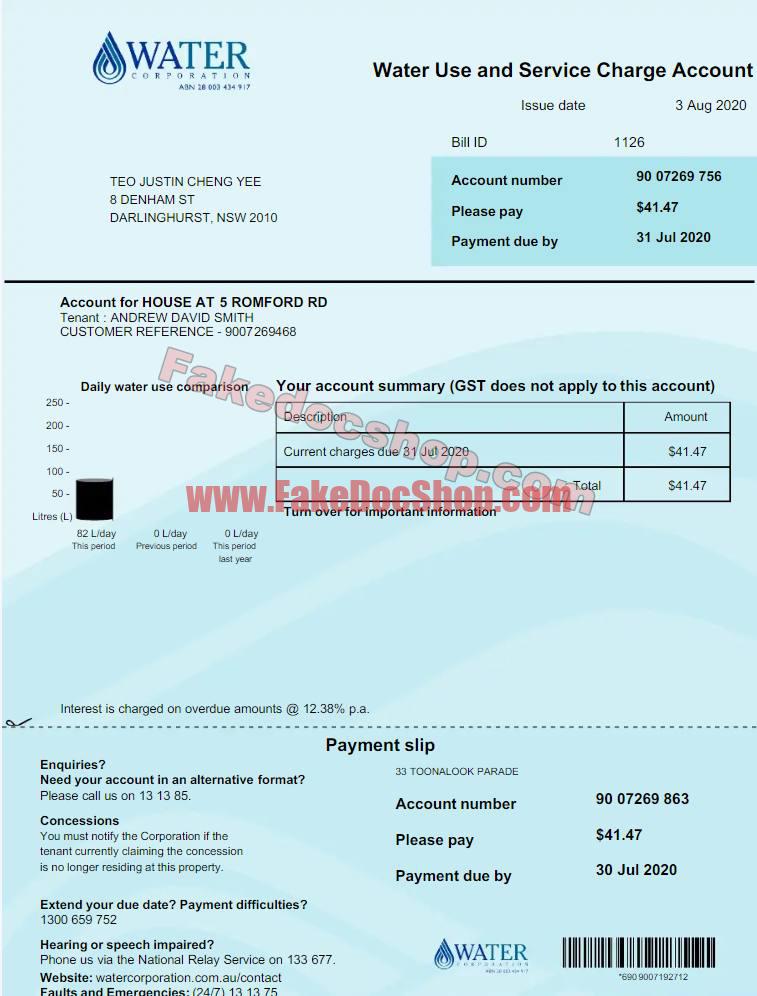

The Australia Water Corporation Water Bill is an important piece of legislation that governs the management and distribution of water resources in the country. The bill outlines the policies and regulations that water corporations in Australia must follow in order to provide safe, reliable, and affordable water services to the public.
Under the Water Bill, water corporations are required to establish sustainable water management practices that take into account the needs of the environment, the economy, and the community. They must also ensure that water is allocated fairly and efficiently, and that customers are charged reasonable rates for the services they receive.
One of the key components of the Water Bill is the establishment of water allocation plans. These plans outline how much water can be allocated to various users, such as farmers, households, and industries, and ensure that water resources are used in a sustainable manner. The plans are developed in consultation with stakeholders and are regularly reviewed and updated to reflect changing environmental and social conditions.
The Water Bill also establishes a framework for water trading, which allows water users to buy and sell water entitlements. This system helps to ensure that water is allocated to its most valuable use and encourages water users to adopt efficient and sustainable water management practices.
In addition to regulating water allocation and management, the Water Bill also includes provisions for ensuring water quality and protecting the environment. Water corporations are required to monitor and report on water quality, and to implement measures to protect aquatic ecosystems and prevent pollution.
Overall, the Australia Water Corporation Water Bill plays an important role in ensuring that Australia’s water resources are managed sustainably and used efficiently to meet the needs of the community, the economy, and the environment.
The Australia Water Corporation Water Bill is an important piece of legislation that governs the management and distribution of water resources in the country. The bill outlines the policies and regulations that water corporations in Australia must follow in order to provide safe, reliable, and affordable water services to the public.
Under the Water Bill, water corporations are required to establish sustainable water management practices that take into account the needs of the environment, the economy, and the community. They must also ensure that water is allocated fairly and efficiently, and that customers are charged reasonable rates for the services they receive.
One of the key components of the Water Bill is the establishment of water allocation plans. These plans outline how much water can be allocated to various users, such as farmers, households, and industries, and ensure that water resources are used in a sustainable manner. The plans are developed in consultation with stakeholders and are regularly reviewed and updated to reflect changing environmental and social conditions.
The Water Bill also establishes a framework for water trading, which allows water users to buy and sell water entitlements. This system helps to ensure that water is allocated to its most valuable use and encourages water users to adopt efficient and sustainable water management practices.
In addition to regulating water allocation and management, the Water Bill also includes provisions for ensuring water quality and protecting the environment. Water corporations are required to monitor and report on water quality, and to implement measures to protect aquatic ecosystems and prevent pollution.
Overall, the Australia Water Corporation Water Bill plays an important role in ensuring that Australia’s water resources are managed sustainably and used efficiently to meet the needs of the community, the economy, and the environment.
Download any kinds of verification documents such as passport, ID Card, Driving License, Utility Bills, Bank Statements


